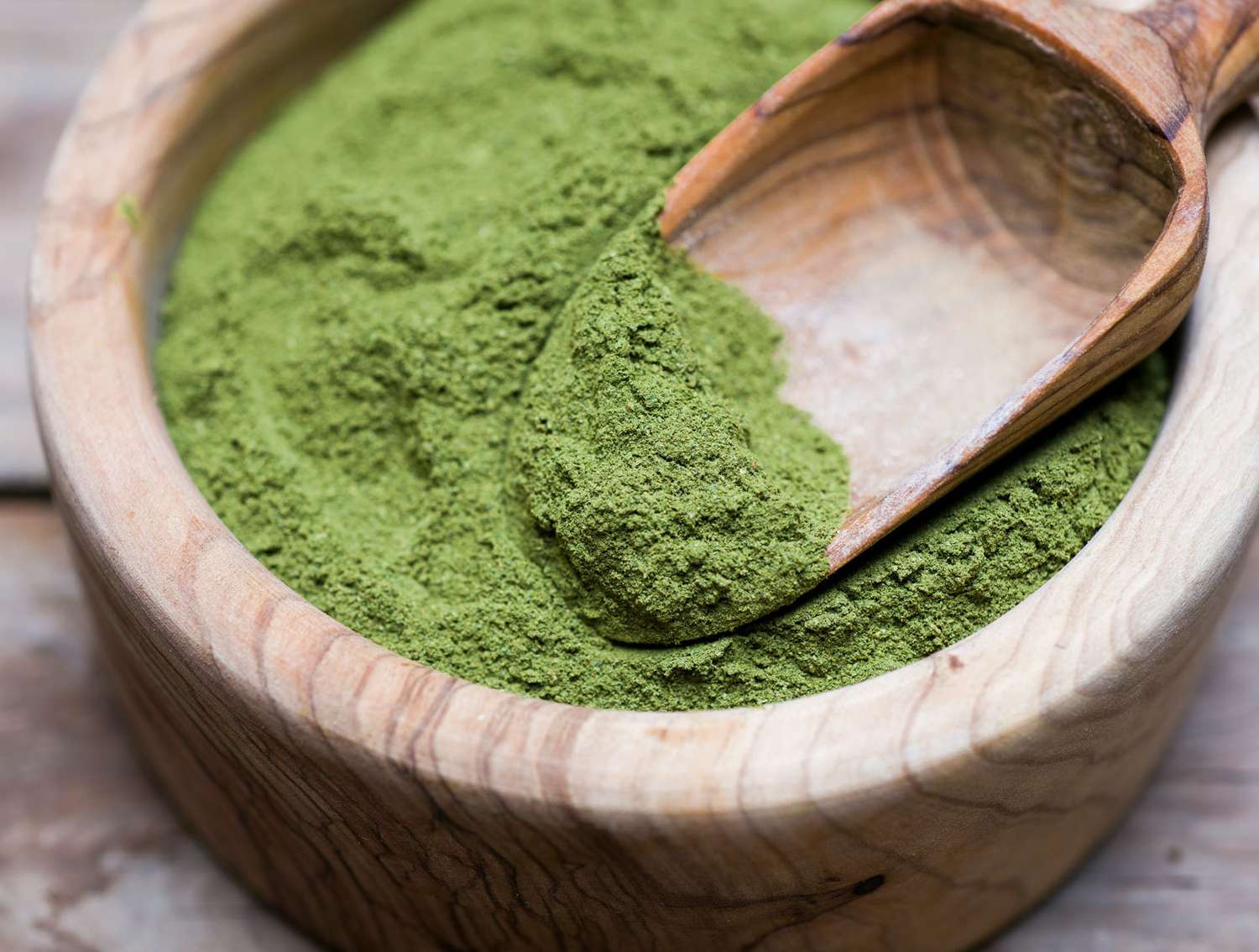Moringa leaves are rich in nutrients, providing benefits such as improved immune function, lower blood sugar levels, and enhanced cardiovascular health. They contain vitamins, minerals, and antioxidants that contribute to overall well-being and may have anti-inflammatory and anti-cancer properties. Additionally, moringa leaves are a good source of iron, helping prevent anemia.
1. Nutrient Density: High levels of vitamins A, C, and E, as well as calcium, potassium, and protein, supporting various bodily functions.
2. Antioxidant Properties: The presence of antioxidants, like quercetin and chlorogenic acid, can help combat oxidative stress and inflammation in the body.
3. Blood Sugar Regulation: Moringa may help lower blood sugar levels, making it beneficial for those with diabetes or at risk of developing it.
4. Heart Health: Compounds in moringa may reduce cholesterol levels and help maintain a healthy cardiovascular system.
5. Anti-Inflammatory Effects: The plant’s anti-inflammatory properties can aid in managing conditions associated with inflammation, such as arthritis.
6. Digestive Health: Moringa leaves may have a mild laxative effect, promoting a healthy digestive system and potentially alleviating constipation.
7. Anti-Microbial Properties: Some studies suggest moringa’s ability to inhibit the growth of certain bacteria and fungi, contributing to overall immune health.
Remember to incorporate moringa into a balanced diet for maximum benefits and consult with a healthcare professional, especially if you have specific health concerns or are considering it as a supplement.





